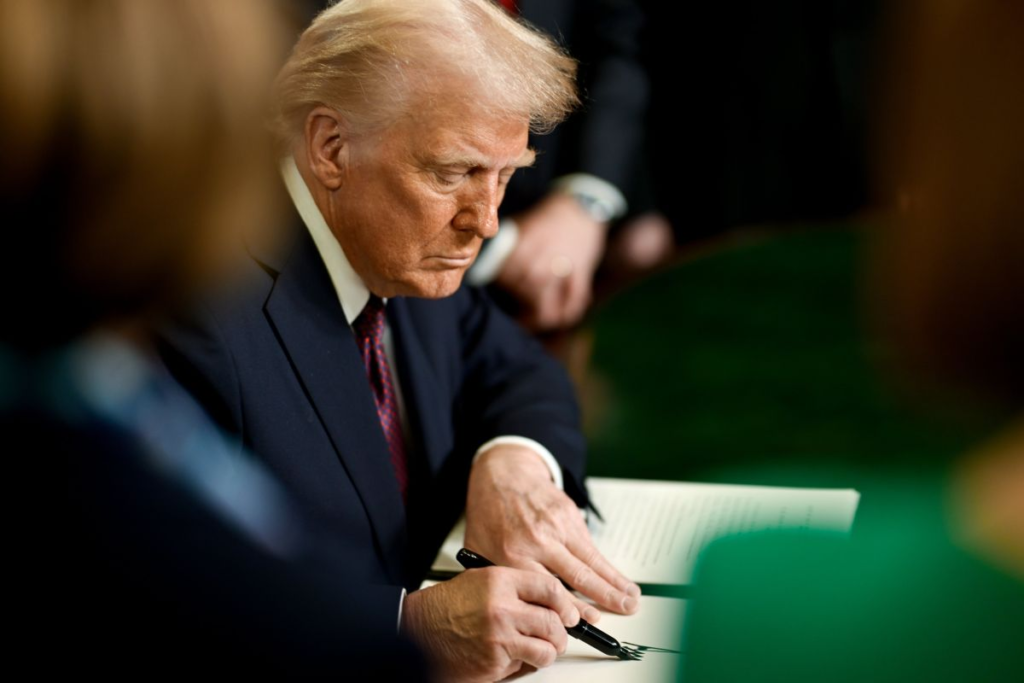The cybersecurity sector entered the year facing three converging factors, creating a “perfect storm” that challenges our national cybersecurity. The first element, cybercrime, continues to spread at unprecedented speed: 2025 opened with a 44% year-over-year surge in cyberattacks, with the cost of cybercrime projected to reach $10.5 trillion by 2029. AI is the second element, exponentially improving attackers’ ability to impersonate, reduce costs and evade detection. The third — and probably the least expected — is the recent shifts in cybersecurity leadership and policy, eliminating many aspects of our existing cybersecurity programs and personnel.
Our modern economy depends on interconnected networks spanning global supply chains, military and critical infrastructure, the power grid, healthcare and election systems and financial institutions. When these systems are disrupted, the impact can debilitate national security, economic stability, public health and safety. The weakening of one link threatens the stability and security of the entire system. The interconnective nature of these distributed platforms demands a transparent and predictable set of rules and protections to ensure a stable and secure ecosystem.
It wasn’t supposed to be this way
The first Trump administration implemented and supported robust cybersecurity efforts, leading to expectations of a stronger, not weaker, set of policies and programs. Much to the surprise of the security community, the fiscal 2026 budget proposal reduces CISA funding by $135 million. While budget fluctuations are not new, including larger cuts proposed during a prior administration, the cybersecurity community has expressed concern over the timing of this reduction amid escalating threats. This follows executive orders that have revoked Biden-era AI safety policies and disbanded the Cyber Safety Review Board (CSRB), while modifying other cybersecurity initiatives. Putting aside the merits of reform or evolving our security stance, it is the suddenness and lack of coordination that create uncertainty and potential gaps in our security stance.






